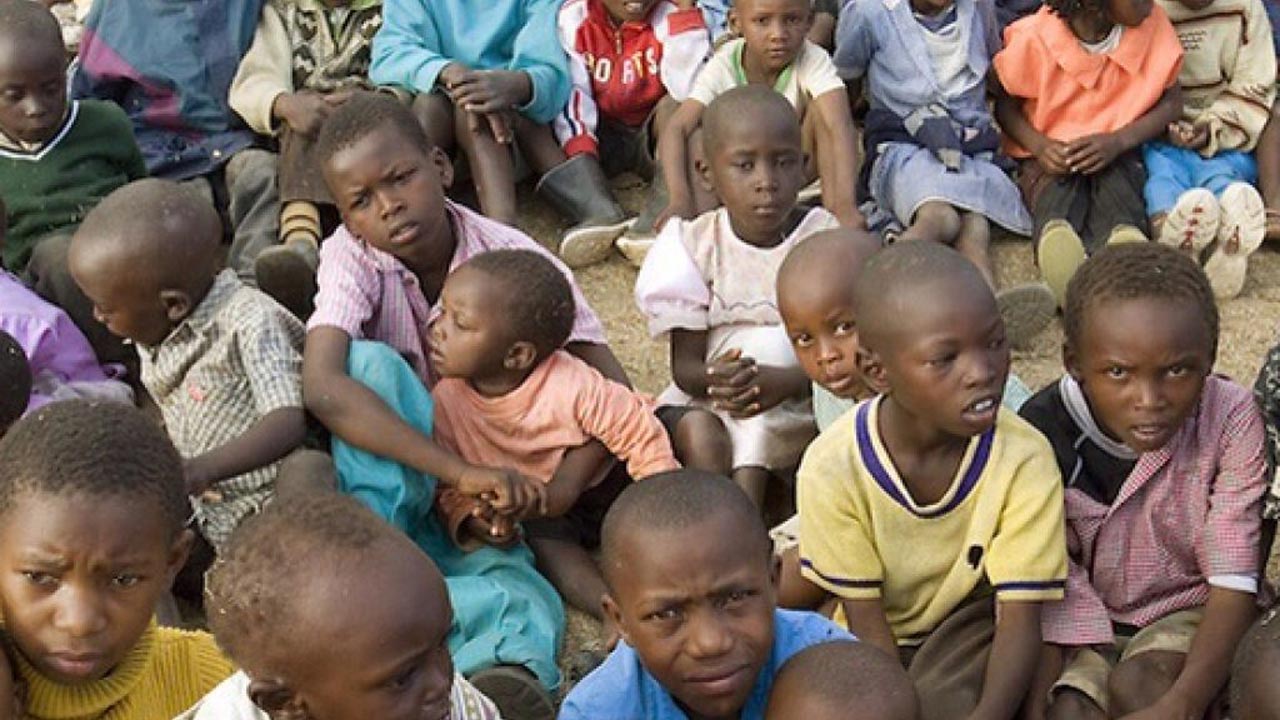Nigeria News
Food insecurity crisis: UN predicts 7 million more hungry Nigerians by August 2025

The United Nations (U.N.) has projected that an additional 7 million Nigerians will face hunger by August 2025, as the country grapples with one of its most severe food crises.
According to a joint report released by the Nigerian government and the U.N. on Friday, approximately 33 million people are expected to experience food insecurity in 2025, an increase from this year, largely due to ongoing economic hardships.
This biannual analysis, which covers 26 states and the federal capital, indicates that 33.1 million individuals will face food insecurity by August of next year.
The report highlights that several factors are driving this alarming trend, with economic hardship, soaring inflation, and record food prices being the most significant contributors.
Contributing Factors to Food Insecurity in Nigeria
Nigeria’s food insecurity crisis is exacerbated by multiple factors, including high inflation rates, ongoing insecurity—especially in northern regions—and the recent flooding that has affected agricultural output due to adverse weather conditions. Inflation in Nigeria reached a 28-year high of 34.19% in June, with food inflation exceeding 40%, marking the worst cost-of-living crisis the country has faced in nearly three decades.
The spike in food prices has been further intensified by President Tinubu’s economic reforms, which resulted in increased input prices for major agricultural activities, along with rising energy and transportation costs.
Insecurity has severely disrupted agricultural activities, leading to a rise in internally displaced persons (IDP) camps and the abandonment of farms. In northern Nigeria, terrorist groups such as Boko Haram and various bandit factions have been involved in kidnappings and extortion of farmers, resulting in tragic fatalities. A report from SB Morgan Intelligence noted that approximately 1,356 farmers were killed over the past year, and another report indicated that Nigerians paid around N1.04 billion to kidnappers during the same period, reflecting the deteriorating security situation in the country.
Recent flooding has also significantly affected agricultural output, with an estimated 1.6 million hectares of crops devastated, particularly in northern states known as food baskets. This disaster could lead to a potential production loss of 1.1 million tonnes for crops such as maize, sorghum, and rice. In response to the challenges posed by the flooding, the federal government has announced a N3 billion support package for all 36 states and the Federal Capital Territory (FCT) to help mitigate the disaster’s impact.























